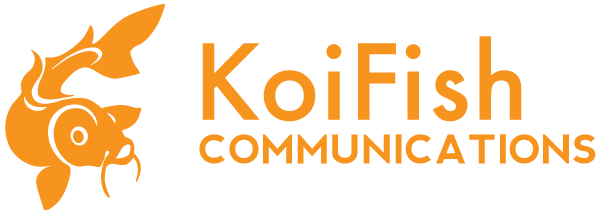Freedom Isn't Free, But is Mainstream Media Content Worth Paying For?

Until you can wrap a dead fish in a Website, I won't be able to declare the Oregonian completely useless
Indeed, an educated and informed electorate is vital to our system of government. The importance of the media cannot and must not be overlooked. It is clear to me that the mainstream media should be highly compensated for giving “we the people” all the information we need to make sound decisions and choices. What is not so clear to me is if the mainstream media, as it exists today, is still living up to its end of the bargain. More and more often, it seems the answer is no.
The recent Presidential election provides a stunning example. The number of journalists who seemed fine with being openly and unashamedly active in helping build one of the most successful brands in the world – Brand Obama – was astounding. It seemed as if they were more interested in being part of a historical movement than investigative journalism. Ultimately, it appeared as though the final, triumphant headline they so badly wanted to be able to write had a very strong influence upon what they decided to cover (and opted not to cover) along the way. Obviously Team Obama wasn’t the only team to enjoy biased coverage. Not all members of the press shirked their responsibilities to the American people, but the number of those who did was far too high. Of course, media bias isn’t limited to national politics. My local newspaper, The Oregonian, routinely disguises editorials as news. I wrote about one horrific example of this on my Rolling Thunder Communications blog last year. This example was a four part series on the dangers of ATVs. Each article appeared on the front page (above the fold). Each was filled with heart-wrenching stories designed to blame an industry for the irresponsible behavior of a few unfortunate individuals. Alas, it does not look like this problem is unique to The Oregonian. The Move to Online News Today, many newspapers have more online readers than they do print subscribers. This is due to a number of factors, not the least of which is that most newspapers make content available for free on the Internet. Rarely does the mainstream media recognize that another major factor in driving people online is often its own shortcomings. One of the reasons web-based “citizen journalism” has been so successful is that it can and does fill the growing informational void created by the mainstream press. Citizen journalists are not bound by editorial policy or professional standards. This means that you have to take coverage with a pretty major grain of salt. On the other hand, a lot of the people who are publishing stories do so because they are passionate or feel a sense of duty to report about important topics that the mainstream media overlooks (sometimes, they believe, intentionally). The best citizen journalists hold themselves to self-imposed standards that can be every bit as high as traditional press. Regardless, readers who are willing to wade through enough biased online muck can regularly come across nuggets of important information that they can’t get anywhere else. The more of these nuggets they find, the less value they are likely to see in traditional journalism and the less likely they are to begin paying for it. More importantly, as the quality of mainstream journalism continues to decay, the more likely we are to base political decisions on the wrong factors and, in the end, we will all pay for that.
